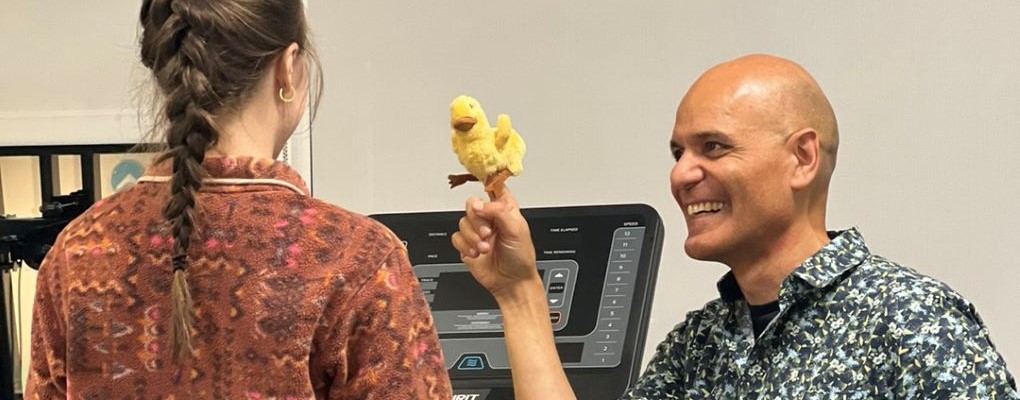Blog Categories
Search Blog
Blog Categories
Paediatric Chronic Pain Program at Boomerang Health
What is Chronic Pain?
Any pain that persists for longer than 3 months is considered to be chronic! Regrettably, 1 in 4 children and adolescents experience some form of chronic pain at some point in their life. When it comes to chronic pain, pain is not the only problem, as this condition always leads to a host of other challenges that need to be addressed.
Other conditions often associated with chronic pain are sleep disturbances, low mood, increased stress, social isolation and extreme fatigue just to name a few.
Why do some children and adolescents experience chronic pain anyways?
That is truly a complex question since there is rarely a simple answer as to why a person experiences persistent pain. The fact is that everyone is unique. However, based on many years of research, there are a few factors that have been shown to increase the risk of someone experiencing ongoing pain, despite seeing multiple doctors and therapists.
The risk factors for developing chronic pain include the following: certain medical conditions (e.g. Rheumatoid arthritis), poor sleep, anxiety, depression, chronic stress, a sense of social isolation, fear of not recovering, poor nutrition and prolonged inactivity.
What is the relationship between Pain & Stress?
The fact is that pain increases stress and stress increases pain. Therefore, they have a bidirectional relationship where stress and pain feed off of each other. To address pain, life stresses MUST be acknowledged and ideally need to be addressed.
Some examples of stress that children and adolescents experience include academics, fear of rejection, being teased at school, a sense of loneliness, perfectionism, feelings of shame regarding their own body and social media leading to a fear of missing out.
What’s the best way to address chronic pain?
That is a truly complex question as there is rarely a magic solution to solving persistent pain. The fact is that everyone is unique in what they need to feel better. However, based on decades of research, a number of potential solutions have been proven to be effective and a few of them will be mentioned at the end of this blog. Sadly, the least effective treatment that is far too often recommended for those experiencing chronic pain is rest! It is true that rest is sometimes necessary and temporarily helpful, but unfortunately prolonged rest comes with unwanted side effects, so it MUST only be a temporary solution.
Side-effects of prolonged rest include fatigue, a sense of social isolation, mental fogginess, muscle weakness, joint stiffness, sleep problems and low mood.
What’s the best way to resolve chronic pain?
That is not the best question that should be asked.
The ideal question is, “What’s the best way to move forward with chronic pain?”
Here are 10 suggestions
- Consultation with a paediatrician to ensure all relevant medical tests have been done
- Consultation with a physiotherapist to ensure that all the physical issues are being addressed
- Education on having a positive relationship with pain through a lens of safety, acceptance and respect for pain*
- Relaxed breathing*
- Mindfulness meditation*
- Daily outdoor physical activities such as sports or even just walking*
- Gradual return to your normal life activities such as school and hobbies*
- Quality sleep for 8-10 hours a night* (Applying sleep hygiene techniques)
- Positive social connections with family & friends
- If needed, consultation with a psychologist or a mental health therapist to address any life stress issues
*Prescribed by your physiotherapist or occupational therapist where modifications are offered as needed
With a positive relationship with pain, self acceptance and a new mindset of focusing on gradual exposure to activities, those experiencing chronic pain will eventually sense reduced fear and a greater feeling of safety. They can become more confident and hopeful in becoming the best version of themselves.
If you think your child could benefit from physiotherapy offering the chronic pain program, please call us at (905) 553-3155, or fill out an online contact form here: https://www.boomeranghealth.com/contact-us/





